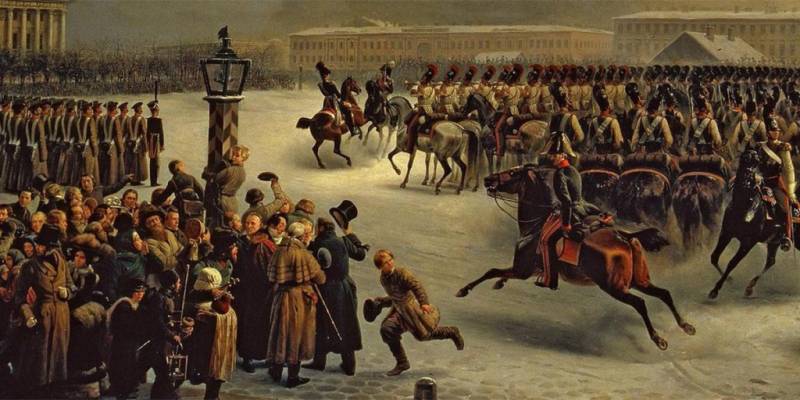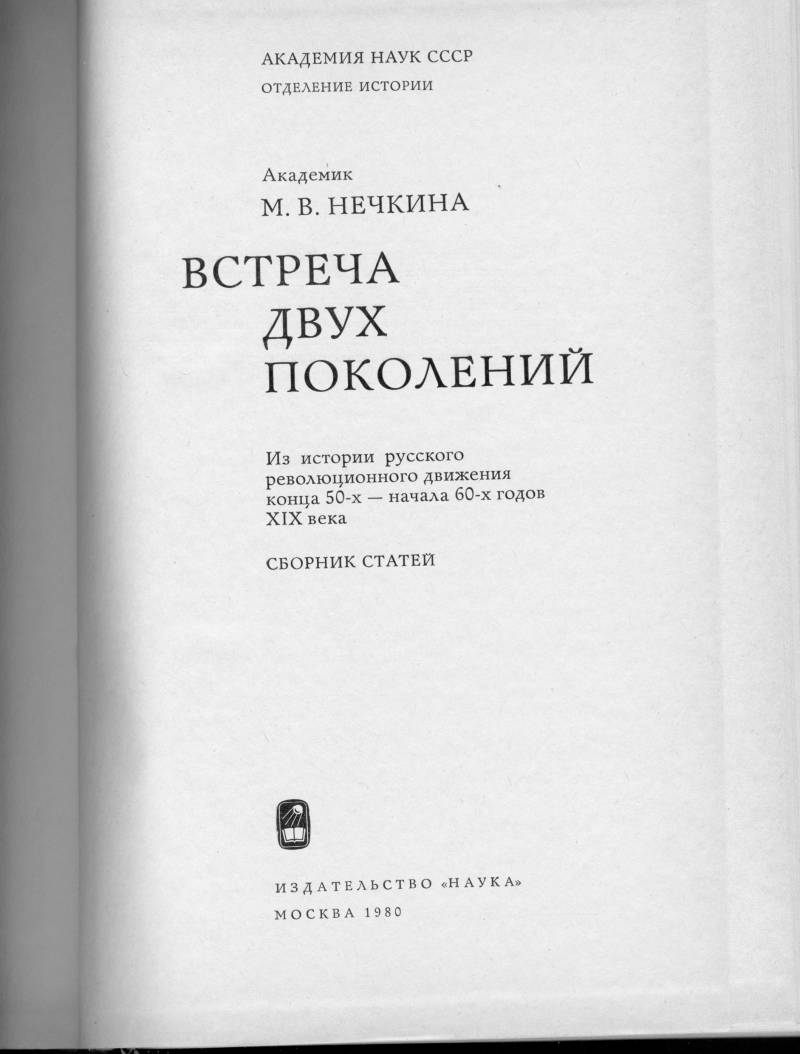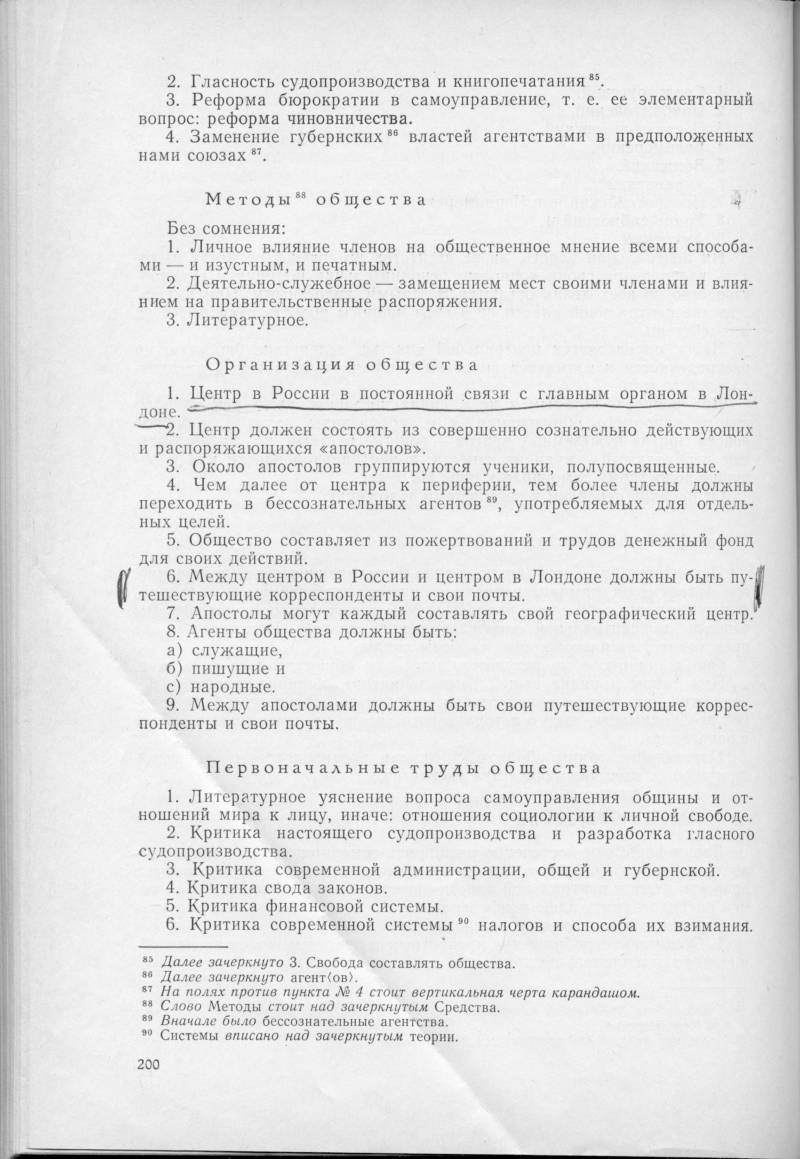Feature of the revolutionary democrats of the XIX century

There have always been dissatisfied with the current government. Another reformer of the late XNUMXth century, Radishchev, the author of Journey from St. Petersburg to Moscow, wanted some kind of change. And they, these dissatisfied, regularly expressed their claims. If we take the XNUMXth century, it began with the action of the Decembrists, who brought their soldiers to the Senate Square under buckshot.
Noble, what is there to feel sorry for these illiterate soldiers. The goals and objectives of these nobles were vague, in particular, even Pushkin wrote about Lunin "... and muttered with inspiration" ... [1]. They typed some kind of naive political and economic program, so it is still incorrect to call their actions a palace coup.
Later, in the middle of the XNUMXth century, there were Petrashevites, when the future writer D. F. Dostoevsky suffered. All of them proposed reforms in the system of government of the country. Well, they want and want, they can’t even eat. Naturally, the sovereignty of the country was implied by itself.
And then Chernyshevsky opened the "period of the Raznochinsk revolutionary movement." And with the raznochintsy, whom "Herzen woke up with his bell," it turned out to be somewhat different. Recently, I came across a book by Academician M.V. Nechkina "The Meeting of Two Generations", a collection of articles from stories Russian revolutionary movement of the late 50s - early 60s of the XIX century (Photo 1) [2].

There, on pages 196–221, there is, in particular, a document written by Ogaryov in 1859 - "Ideals" - the goal, methods and organization of society, as he imagined it all. Brief abstracts of this work.
Ogaryov's ideals
The purpose of society is to initiate social peace on the basis of communal land ownership. The main principle is community self-government. The self-government of the community excludes the interference of the government administration, state legal proceedings and even legislation in the affairs of the community. The highest level of administrative unity for several communities does not go beyond the boundaries of the volost. The connection between the volosts is confederal.
The issues of inter-volost communication are as follows:
1. Communication routes (railways and other land roads, river and sea navigation).
2. Issue of money and credit institutions.
3. Intervolost commission trading offices.
4. Foreign commission trading offices.
5. General budget of the confederation and tax.
The tax is twofold:
• permanent - for the maintenance of power;
• variable - for all-confederal enterprises.
The form of the central government is the committee. The volost chooses one candidate each, who, having gathered, choose among themselves ministers for each of the above questions, and these ministers choose their president from among themselves. The candidates then disperse and leave the cabinet to act.
Presumably, Russia, with its current borders, could be grouped according to two principles - according to the principle of breed (he’s talking about nationalities, this is a heterogeneous breeder) and according to the principle of crafts (that is, the economic principle, so to speak, fuel and energy complex - territorial economic complexes), in the following alliances:
1. Central Russian
2. Baltic
3. Polish-Lithuanian
4. Belomorsky
5. Volzhsky
6. Ukrainian
7. Novorossiysk or Black Sea
8. Ural-Siberian and
9. Amur.
Neither the central government nor its union agencies can go beyond their questions; the executive police and the judiciary in all cases remain local, volost. If the central government intervenes in matters other than its own, the volost refuses to assist it.
The tax is determined by the central authority as a result of the budget, but is distributed and collected by the volost order independently of the central authority.
Center in Russia in constant communication with the main body in London
Further Ogaryov writes:
And everything would be fine, you never know what another guardian of the domestic peasant dreams of, just like the perestroika asphalt farmer Chernichenko, it is clear that these communal "sovnarkhozes" are, in principle, unviable, but on page 200 in the "Organization of Society" section, Ogaryov is the first paragraph gives:
The sixth point is:

I believe that raznochintsy such as the literary heroes of Turgenev - Rakhmetov, Insarov and Bazarov, were still far from the ideas of external government of the country. However, they were raznochinny grassroots revolutionaries, Ogaryov's slanderous ideas, I think, did not pass there.
References:
1. A. S. Pushkin. Eugene Onegin, vol. V, chapter 10, ed. AN SSSR, 1949, p. 212
2. M. V. Nechkina. Meeting of two generations, Science, 1980
Information